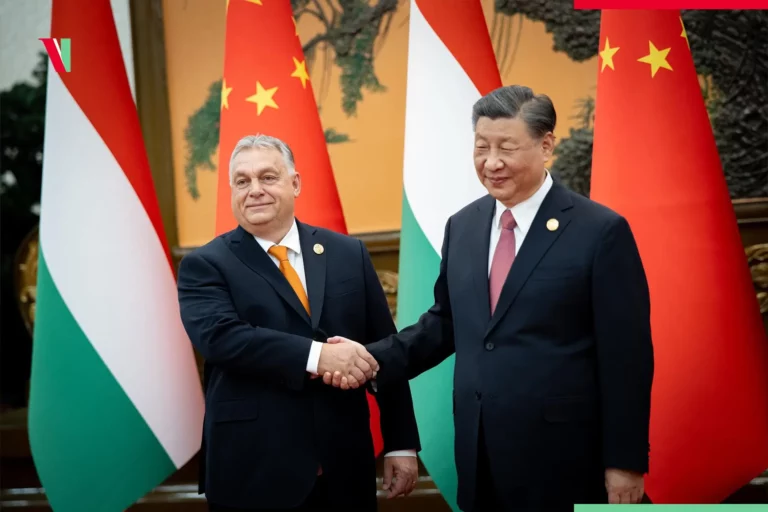France
PHOTOS: Mesmerising Wizz Air plane connects Budapest with Paris, CEO may get historic £100M bonus

Orbán’s cabinet says UK, Germany, France have fallen, Islam is there

French tourist’s life saved by lifeguards of the famous Gellért Bath in Budapest

Hungary’s government rejects pressure on energy policy

International conference at ESSCA in Budapest about the “greenest” Olympic Games

Ryanair announces direct flights from Budapest to Italy, France

Huge Alstom investment inaugurated in Hungary

Revealed: Washington’s biggest adversary likely to visit Budapest for talks with PM Orbán

Emergency landing in Budapest: smoke detected in the cockpit of an Air France flight from Paris

New direct flight announced from Budapest to one of Europe’s most beautiful cities

Hungarian sovereignty protection office rejects Venice Commission report

France leads the voices raising the threat of world war, says Hungarian FM Szijjártó

Orbán cabinet concerned of what President Macron said about sending troops to Ukraine

Hungarian WWII resistance fighters reburied in Paris

Mysterious death of Hungarian Diplomat in Monaco: plunged from heights like Putin oligarchs did

PM Orbán’s only son, Captain Orbán serves in an African country

PM Orbán talked to the French TF1 TV channel about Jacques Delors

PM Orbán travelled to Paris





 ZH
ZH IT
IT DE
DE HR
HR NL
NL FR
FR JA
JA RO
RO RU
RU ES
ES TR
TR
